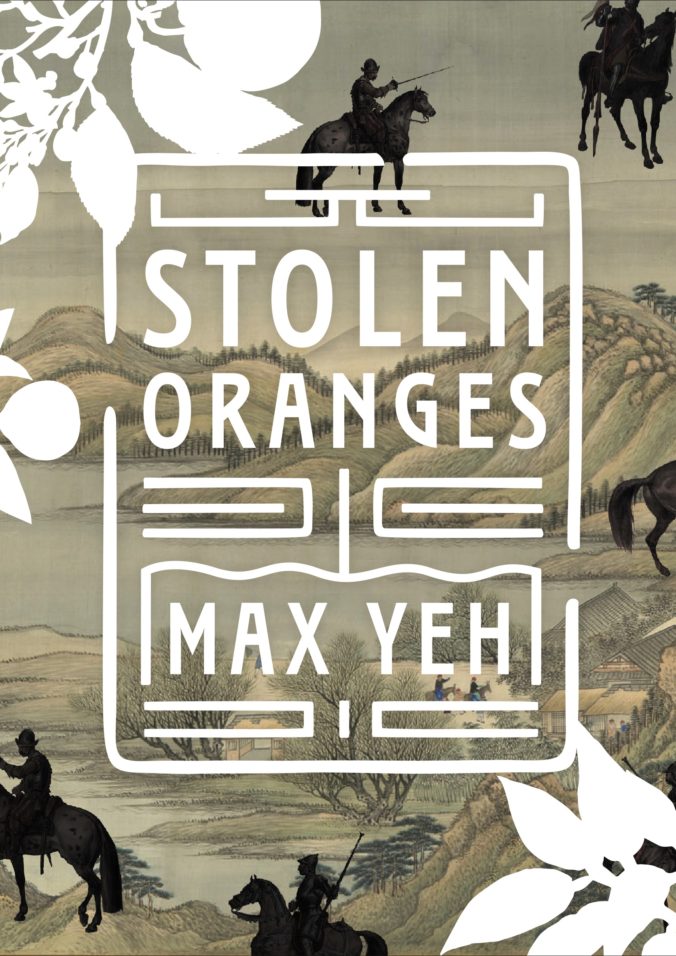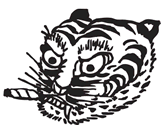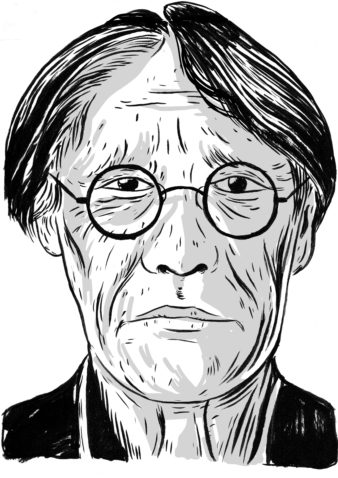
Max Yeh NEWS
Join us for a reading and conversation with four outstanding Chinese writers whose works upend the notion of a monolithic Chinese identity and uncover a much more complicated story about the diversity of Chinese diasporic experiences in America: 2017 National Book Award finalist Lisa Ko (The Leavers), crime-writer-turned-YA-author Ed Lin (David Tung Can’t Have a […]
If you’re in the American Southwest, be sure to join Max Yeh at Bookworks in Albuquerque (NM), as he reads from his whirlwind work Stolen Oranges: Letters Between Cervantes and the Emperor of China, a Pseudo-Fiction. Stolen Oranges journeys to locations ranging from the archives of Imperial China to a rare book shop in Mexico […]
Stolen Oranges
A Chinese American historian discovers six anonymous documents in Spanish and Chinese in places ranging from the archives of Imperial China to a rare book shop in Mexico City and constructs a hitherto unknown correspondence between the Chinese Ming Emperor Wanli and Miguel Cervantes, author of Don Quixote. Difficulties in translation and the years-long, perilous voyages undertaken by conscripted letter couriers highlight the intensive labor and sheer serendipitous luck required to make this seemingly impossible 17th-century exchange possible. This reimagined history brings together the disparate histories of the Emperor, Cervantes, and the historian, united through time by their deep interest in literature, philosophy, politics, and the burden of demented mothers. As he did in his acclaimed previous novel, The Beginning of the East, Yeh continues to remap literary conventions. Layering documentary evidence, conflicting translations, and cultural contexts, Yeh sends ripples through the idea of historical fiction in the vein of Jorge Luis Borges and Italo Calvino. Described as “a writer on a rampage, with an appetite for history,” by E.L. Doctorow, Yeh’s Stolen Oranges reimagines the relationships of the past and the present.
praise
[Max Yeh is] a writer on a rampage” —E.L. Doctorow
“Yeh’s work helps us to pose some of the most pressing questions with respect to our history, culture, and literary canon. Did Don Quixote, which played at being the translation of an Arabic history, summon the specters of Spain’s oppressed Muslims or flippantly silence them? Does Yeh’s novel allow for a displacement of western storytelling by letting the Emperor’s perspective intrude upon it, or can he only romanticize an “Eastern” way of thought inevitably constructed as the other of the “West”? Who has the right or the power to impose a history, a language, an orthography, a calendar, a clock time, and all of the fabric on which what passes as shared experience becomes possible? Don Quixote and Stolen Oranges demonstrate the violence of these impositions and appropriations, while nonetheless reminding us that the sovereign fools himself, becomes a self-parody, if he thinks he can control this absolutely.” —Jonathan Basile, minor literature[s]
“Max Yeh has brought to light one of the most extraordinary cultural convergences in the history of humankind, reconstructing the miraculous epistolary correspondence between the Prince of Wits and the Ten-Thousand Calendars Emperor at the turn of the seventeenth century with a twenty-first century twist. In the process Yeh has plucked the sweet citrus of the Old and New Worlds, creating a translational space that uproots conventions and perceptions of East and West through the timelessness of storytelling—his pseudo-fictive madness akin to Sterne or Al-Mas‘udi or Spence’s Emperor of China or even the hallucinatory philosophical forays of Soviet outlier Krzhizhanovsky, though told in a nomadic style of his own soul-making, as he follows Christ among the Buddhists in Kashmir into the central kingdom before returning by way of a child’s baseball mitt.” —Jeffrey Yang, New Directions
Max Yeh NEWS
Join us for a reading and conversation with four outstanding Chinese writers whose works upend the notion of a monolithic Chinese identity and uncover a much more complicated story about the diversity of Chinese diasporic experiences in America: 2017 National Book Award finalist Lisa Ko (The Leavers), crime-writer-turned-YA-author Ed Lin (David Tung Can’t Have a […]
If you’re in the American Southwest, be sure to join Max Yeh at Bookworks in Albuquerque (NM), as he reads from his whirlwind work Stolen Oranges: Letters Between Cervantes and the Emperor of China, a Pseudo-Fiction. Stolen Oranges journeys to locations ranging from the archives of Imperial China to a rare book shop in Mexico […]


